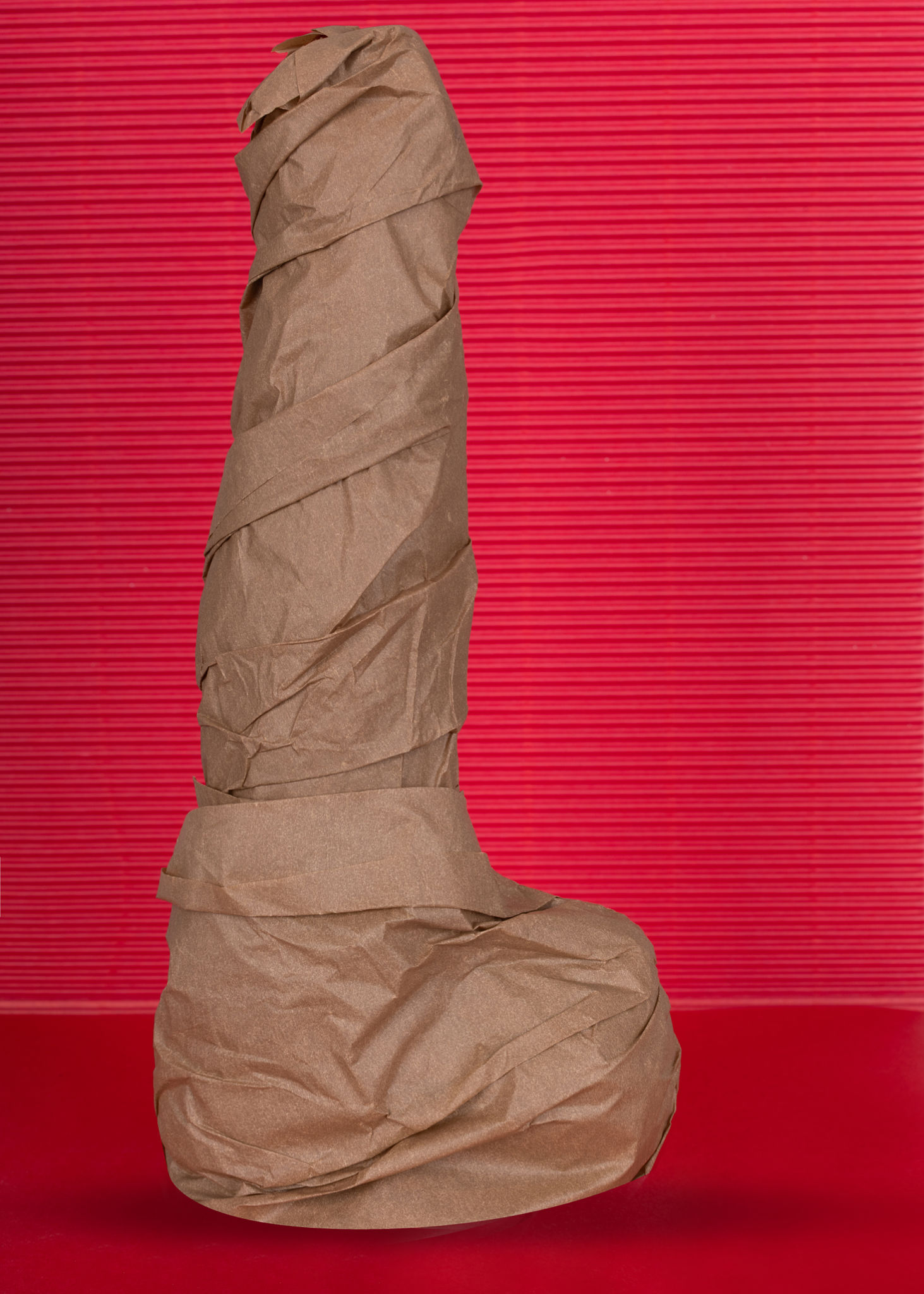The Evolution of Fashion Manufacturing in Cambodia: A Deep Dive into Fairsew's Ethical Practices
Fa
Introduction to Cambodia's Fashion Industry
Cambodia's fashion manufacturing industry has undergone significant transformations over the past few decades. Once known primarily for its traditional crafts, the country has emerged as a pivotal player in the global garment sector. This evolution has been driven by a combination of economic factors and a growing demand for more ethical and sustainable manufacturing practices.
Today, Cambodia is home to numerous factories producing clothing for some of the world's largest brands. However, amidst this rapid industrial growth, there has been an increasing emphasis on ensuring fair labor practices and environmentally friendly production methods. At the forefront of this movement is Fairsew, a company dedicated to ethical fashion manufacturing.

Fairsew: A Commitment to Ethical Practices
Fairsew was established with a clear mission: to create high-quality garments while upholding strong ethical standards. Their approach focuses on transparency, fair wages, and safe working conditions for all employees. This commitment sets them apart in an industry often criticized for exploitative practices.
One of Fairsew's core values is transparency. They provide detailed information about their supply chain and production processes, ensuring that clients and consumers are aware of how their products are made. This level of openness is rare in the fashion industry, where secrecy often reigns.

The Importance of Fair Wages
Fair wages are a cornerstone of Fairsew's operations. In many garment factories around the world, workers are paid minimal wages that barely cover living expenses. Fairsew challenges this norm by paying their employees salaries that reflect their skills and contributions, allowing them to lead more secure and fulfilling lives.
This approach not only benefits the workers but also enhances overall productivity and quality of work. When employees feel valued and fairly compensated, they are more motivated and engaged, leading to better outcomes for the company and its clients.
Sustainable Manufacturing Processes
Apart from ethical labor practices, Fairsew is also committed to sustainability. The fashion industry is notorious for its environmental impact, from excessive water usage to chemical pollution. Fairsew addresses these issues by implementing eco-friendly practices throughout their manufacturing processes.

For instance, they prioritize the use of organic and recycled materials, reducing the reliance on harmful chemicals and minimizing waste. Additionally, energy-efficient technologies are employed to further decrease their environmental footprint, demonstrating a holistic approach to sustainable fashion manufacturing.
Empowering Local Communities
Fairsew's influence extends beyond their factory walls, as they actively work to empower local communities in Cambodia. By providing training programs and educational opportunities, they help equip individuals with valuable skills that can lead to long-term career development in the fashion industry.
This focus on community engagement not only improves individual livelihoods but also contributes to the overall economic growth of the region. As more people gain access to education and employment opportunities, the positive effects ripple through families and communities.

The Future of Ethical Fashion in Cambodia
The evolution of fashion manufacturing in Cambodia highlights a promising shift towards more ethical and sustainable practices. Companies like Fairsew are leading the way by proving that it is possible to be both commercially successful and socially responsible.
As consumers become increasingly aware of the impact their purchases have on people and the planet, the demand for ethically produced clothing continues to rise. This trend suggests a bright future for companies committed to making a difference in the fashion industry, particularly in regions like Cambodia where such initiatives can have profound impacts.
